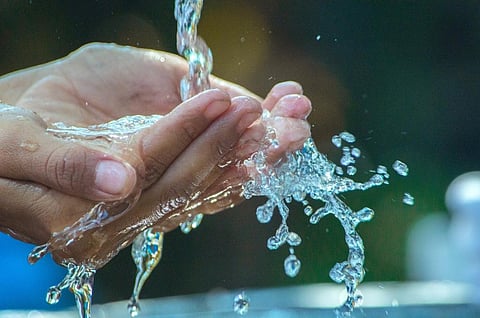

The real worth of water has often been neglected, leading to its wastage, misuse and misappropriation by certain interests, flagged the United Nations World Water Development report released March 22, 2020, the World Water Day.
The report noted an urgent need to change the way water is valued and grouped current methodologies and approaches to the valuation of water into five inter-related perspectives:
It said the primary reason for limited successes in attaining water-related goals and targets was the absence of a full representation of the values of water. The tools and methodologies we have today for valuing water reduce it to only its economic value, it added.
It observed:
While monetary valuation has the advantage of convenience and easy legibility in agriculture and industry, it presents the disadvantage of underestimating, even excluding, other aspects which are more difficult to monetise. How do we quantify the meaning of the 443 million school days missed annually due to water-related diseases?
Waste and careless use stems from the fact the world too often thinks of water exclusively in terms of its cost price “without realising its tremendous value, which is impossible to price,” it said.
“The failure to fully value water in all in its different uses is considered a root cause, or a symptom, of the political neglect of water and its mismanagement,” the report said.
Talking about economics being the most widely applied framework for valuing water, the report urged stressed on the need to broaden the notion of the value of water. It added that water cannot be confused with the concepts of ‘price’ and ‘cost’.
Highlighting that there was no clear relationship between water’s price and its value, the price often reflects attempts for cost recovery and not the value delivered.
“In practice, economic approaches can often be more limited in scope and often furnish an incomplete indication of water’s true economic value. Traditional economic accounting — often a key means of informing policy decisions — tends to limit water values to the way that most other products are valued using the recorded price or costs of water when economic transactions occur,” it said.
It, however, added that economics still remained the most relevant, powerful and influential science when it came to valuation and therefore, its application needed to be made more comprehensive.
“The devastating effects of the novel coronavirus disease (COVID-19) pandemic remind us of the importance of having access to water, sanitation and hygiene facilities, and highlight that far too many people are still without them. Many of our problems arise because we do not value water highly enough; all too often water is not valued at all,” said Gilbert F Houngbo, chair, UN-Water and president, International Fund for Agricultural Development.
The report was published by United Nations Children’s Fund on behalf of United Nations-Water.